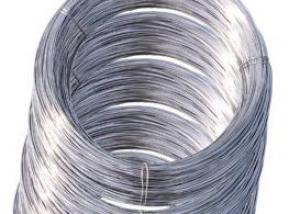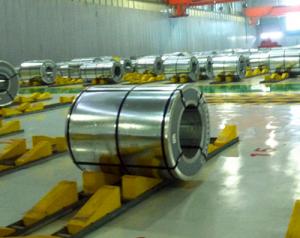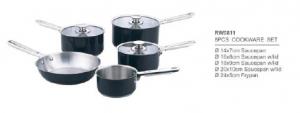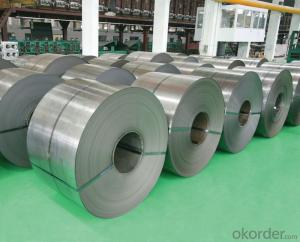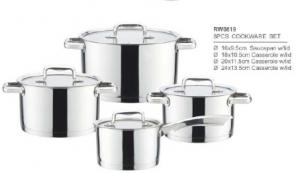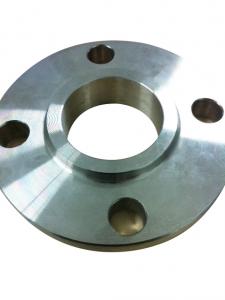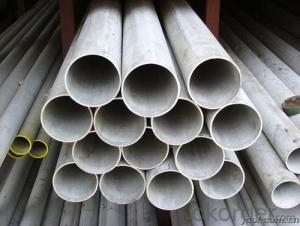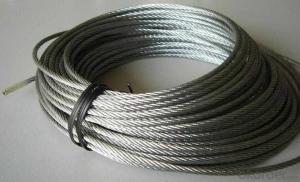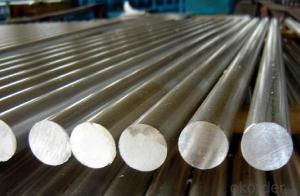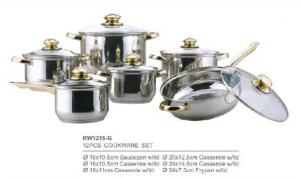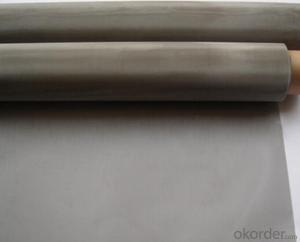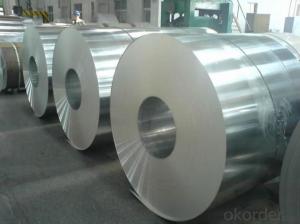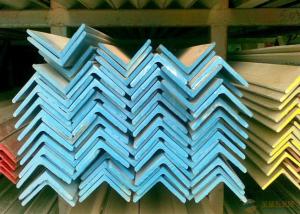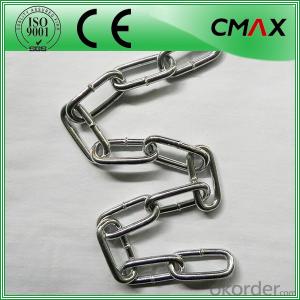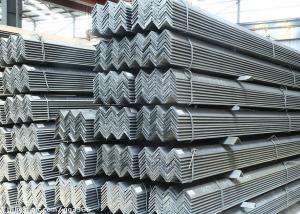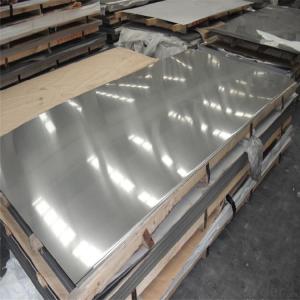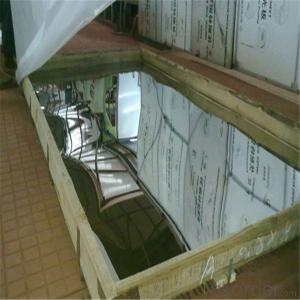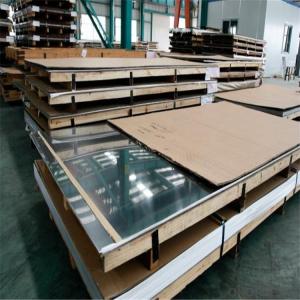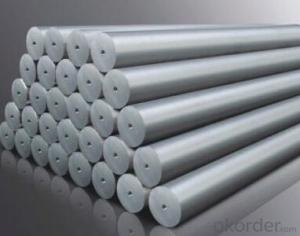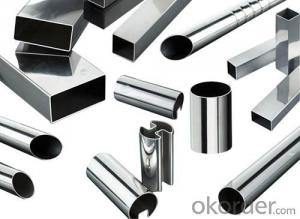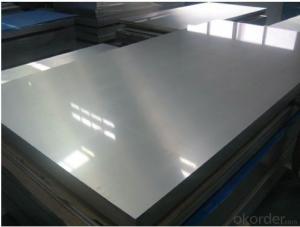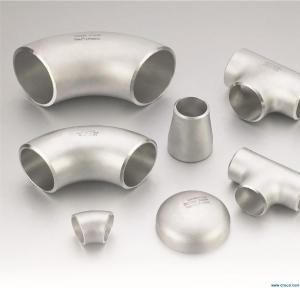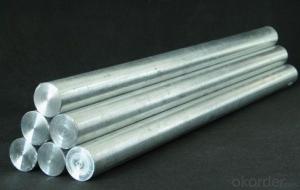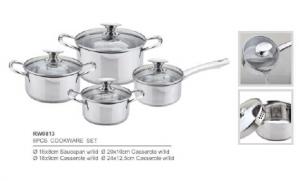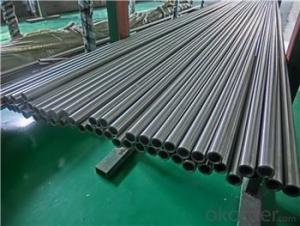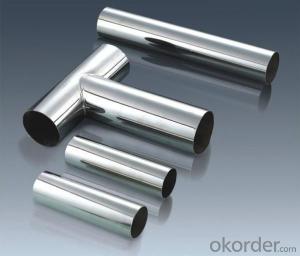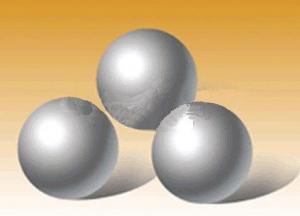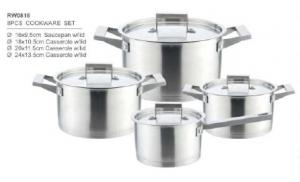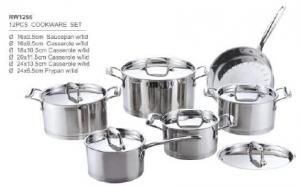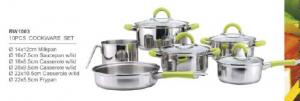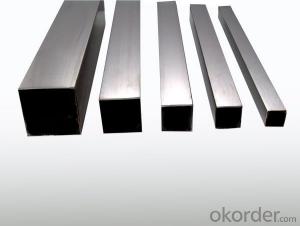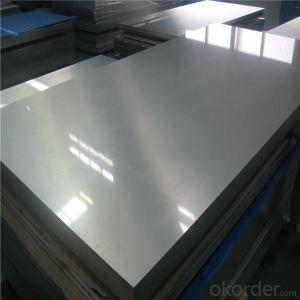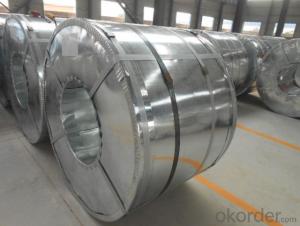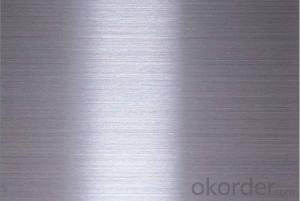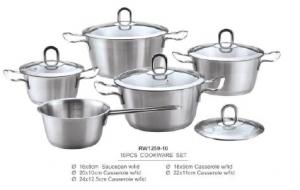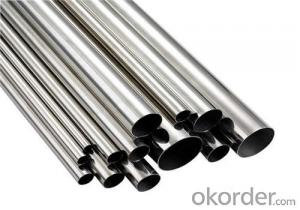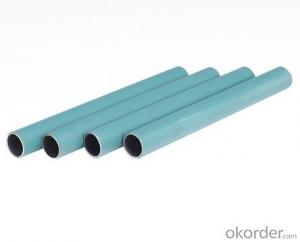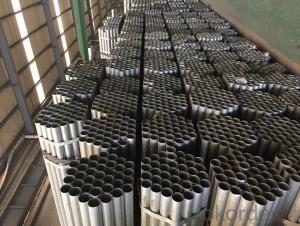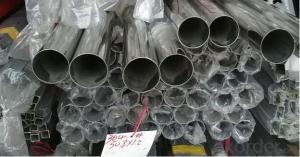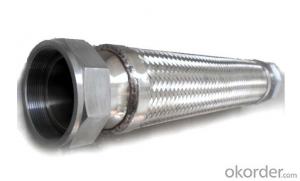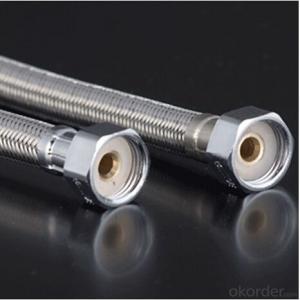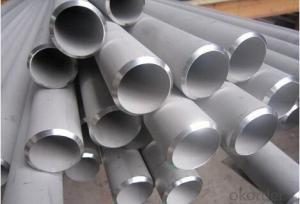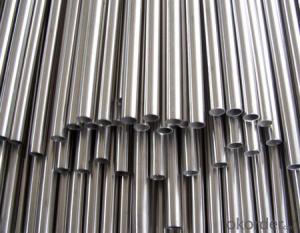302 Stainless Steel
302 Stainless Steel Related Searches
302 Stainless Steel Sheet 301 Stainless Steel 305 Stainless Steel 300 Stainless Steel 300 Series Stainless Steel 304l Stainless Steel 304 Grade Stainless Steel 310 Stainless Steel Type 304 Stainless Steel Grade 304 Stainless Steel Stainless Steel 303 T304 Stainless Steel Sus 304 Stainless Steel 304 Stainless Steel Pipe 309 Stainless Steel Aisi 304 Stainless Steel 304 Stainless Steel Tubing 330 Stainless Steel Stainless Steel 316 420 Stainless Steel 304 Stainless Steel Magnetic 308 Stainless Steel 316l Stainless Steel 400 Stainless Steel Sus304 Stainless Steel Stainless Steel 316l T 304 Stainless Steel 304 Stainless Steel Rust 316 Grade Stainless Steel Type 316 Stainless Steel302 Stainless Steel Supplier & Manufacturer from China
302 Stainless Steel is a type of austenitic stainless steel that is known for its excellent corrosion resistance and high strength. This grade of stainless steel contains a higher amount of carbon compared to other grades, which contributes to its enhanced mechanical properties. It is widely used in various industries due to its versatility and durability. The applications of 302 Stainless Steel span across a broad range of sectors, including automotive, aerospace, and construction, where it is utilized in the manufacturing of components that require high strength and resistance to wear and tear. Its ability to withstand harsh environments and maintain its integrity makes it a popular choice for a variety of usage scenarios.As a leading wholesale supplier, Okorder.com offers a vast inventory of 302 Stainless Steel products, catering to the diverse needs of clients across different industries. The company's commitment to quality and customer satisfaction ensures that the 302 Stainless Steel products they supply meet the highest standards of performance and reliability. With a comprehensive range of products available, Okorder.com is the go-to destination for businesses seeking to source 302 Stainless Steel for their specific applications.
Hot Products
